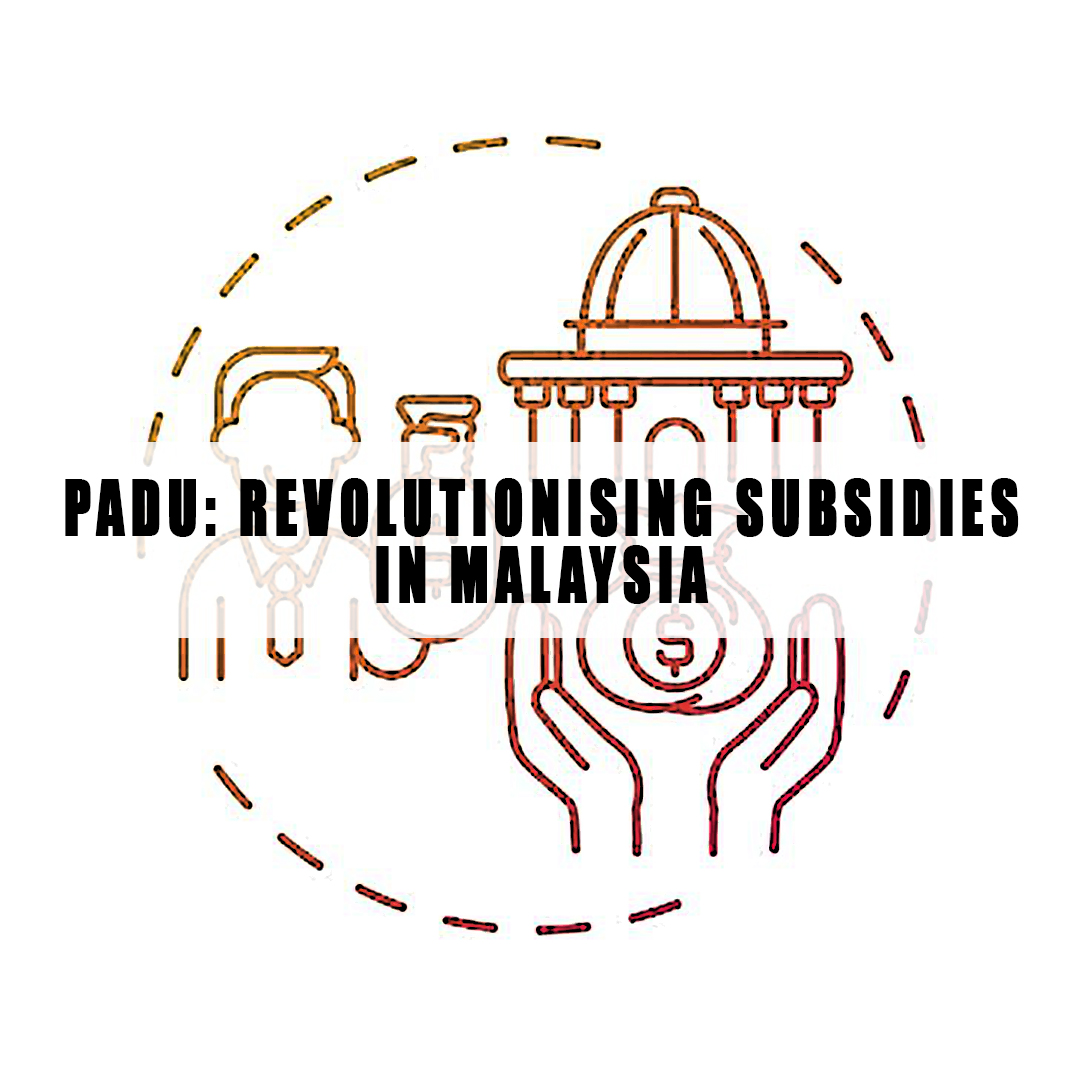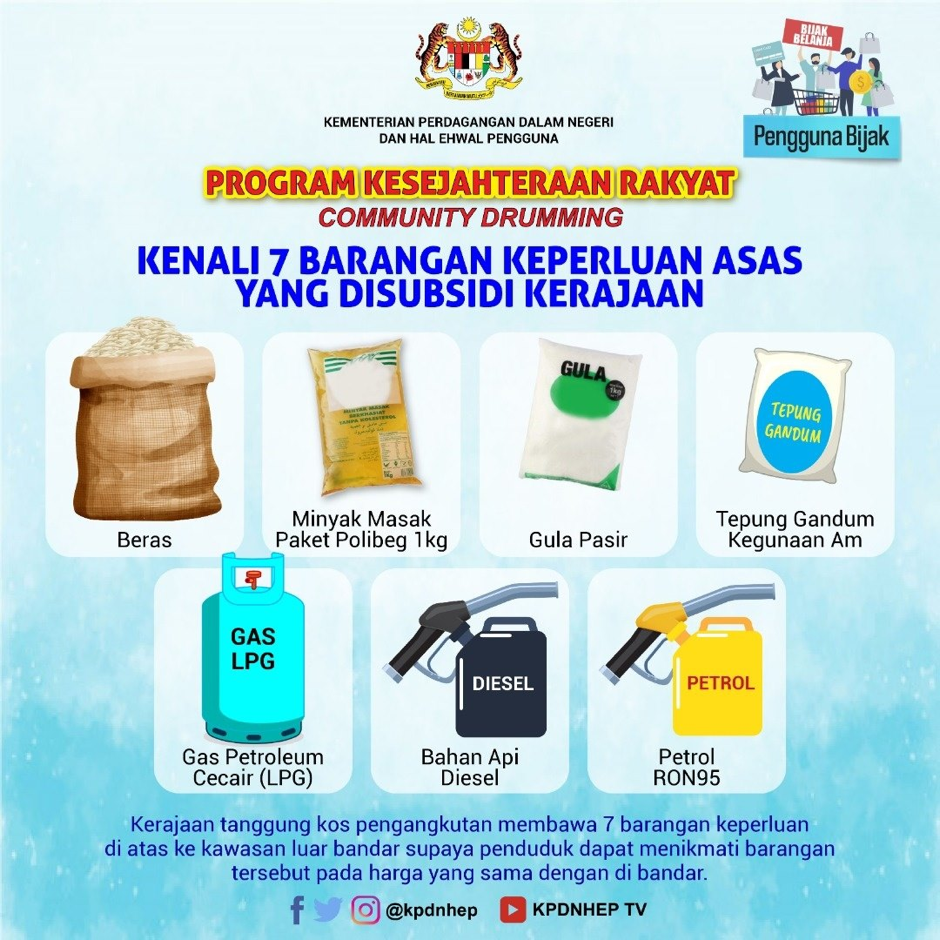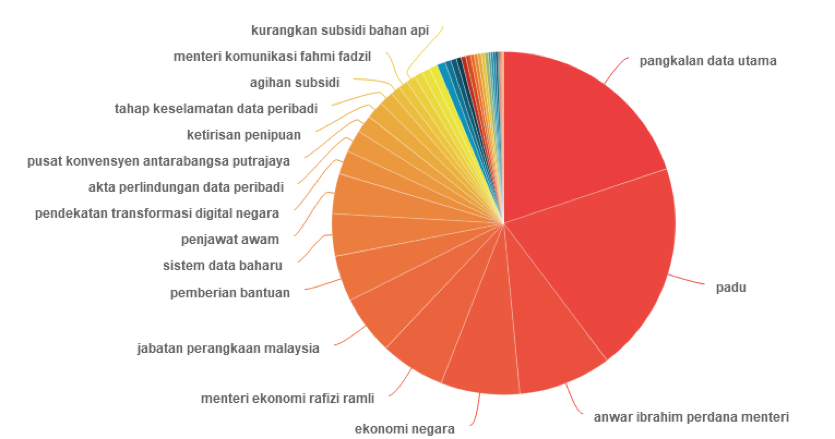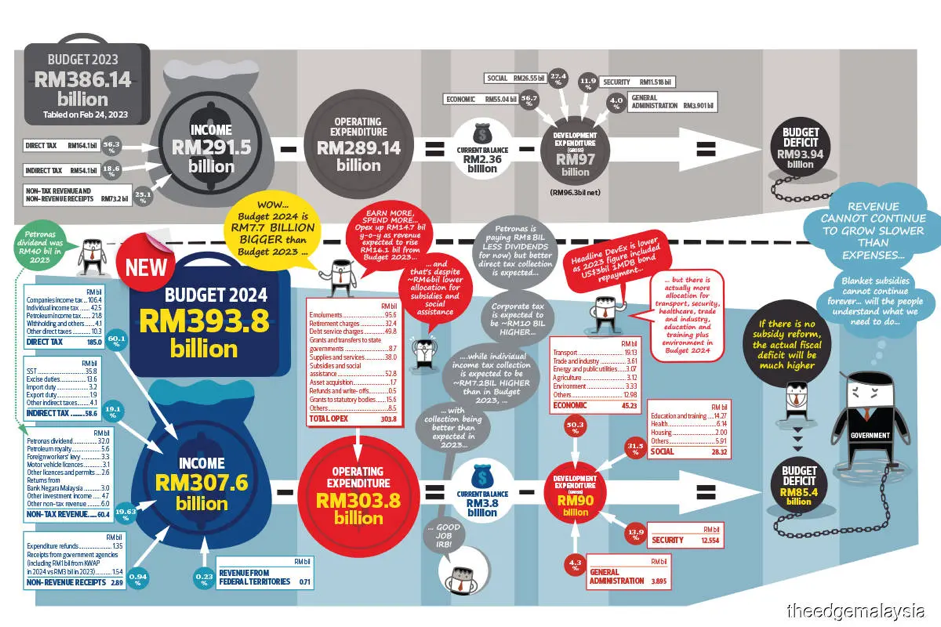PADU: Revolutionising Subsidies in Malaysia


Based on the Cambridge dictionary, subsidy is money given by a government or an organization to reduce the cost of producing food, a product, etc. and to help to keep prices low.
To reduce inflationary pressures on the people, the Malaysian government has provided various consumption subsidies consisting of petrol, diesel, liquefied petroleum gas (LPG), cooking oil, flour and electricity added with other assistance such as social welfare assistance, agricultural assistance, fishermen and so on. As the economic slowdown after COVID-19 puts a strain on the government spending.
Subsidies have an important role in defining Malaysia’s economic direction. These strategic financial interventions are more than just financial aid; they act as catalysts for promoting growth, ensuring social equality, and empowering citizens across multiple sectors.
Amidst a global slowdown, Malaysia plans to spend 393.8 billion ringgit in 2024, lower than last year’s spending estimate of 397.1 billion ringgit.
Malaysia is projected to spend 52.8 billion ringgits on subsidies and social assistance in 2024, down from the 64.2 billion ringgit expected this year.
Malaysia subsidies petrol, cooking oil and rice among other items and has seen that expense climb to record levels in recent years due to higher commodity prices.
In spite of government efforts to implement and regulate subsidies, there are inefficiencies and leakages. It seems that all these subsidies tend to benefit individuals across all income levels, irrespective of their actual financial need. Consequently, wealthier individuals, who may not require financial assistance, end up availing themselves of these subsidies.
As part of a smaller spending plan for 2024, Prime Minister and Finance Minister, Anwar Ibrahim announced a shift away from blanket subsidies to a system that mainly aids lower-income groups. The system is called PADU or Pangkalan Data Utama (Central Data Hub) and inaugurated in early 2024.

The government said that the diesel subsidies, which seems to only benefit the wealthy people, will be cut in a phased manner, while temporary price controls on chicken and eggs will be lifted as supplies had stabilised. Savings from subsidy cuts would be channelled to cash aid for the needy, which will now increase to 10 billion ringgit ($2.12 billion) from 8 billion ringgit, he added.
With the implementation of PADU, the government aims for a more focused distribution of subsidies and partly moves away from the general income categories such as B40, M40 or T20, which does not give a true picture of household disposable income.
The implementation of targeted subsidies is expected to help the government achieve its target of reducing the fiscal deficit to between 3%-3.5% of gross domestic product by 2025.
The effective identification process through Padu will also enable the government to ensure that the subsidies reach the intended target groups and are not misappropriated by irresponsible parties to gain profit. Currently, the public is given a three-month period until March 31, 2024 to update and verify their information on the database.
The new way and new technology are expected to not only revolutionise the government approach on subsidy but also revolutionise Malaysia welfare system. With up-to-date info about things like income, expenses, and living conditions, PADU helps the government give subsidies exactly where the citizens need.
PADU aims not only to stop money wastage but also to spend less on subsidies overall. This extra money can then be used for better public services and programs.
PADU also simplifies the welfare system, instead of people having to deal with lots of forms and different offices, PADU is like a one-stop shop. It brings together data from different parts of the government, cutting out unnecessary steps, reducing paperwork, and making the process faster.

PADU will also help the policy makers to exercise the best approach and assistance that people need. By looking at how money is spent, how well programs work, and what vulnerable groups need, PADU helps policymakers use resources wisely, making the most impact and reducing leakage and wasting money.
PADU’s precise targeting is also a powerful tool against inequality. By finding and helping the most vulnerable households, it makes sure they get the support they need, bridging gaps in income and promoting fairness.
In short, PADU is a catalyst for a fairer and more equal Malaysia, where the benefits of economic growth reach every part of the country. But all these benefits need to be examined in the future, it is still too early to detect any side effects from the system. But for now, PADU is a good start towards focused subsidies.

